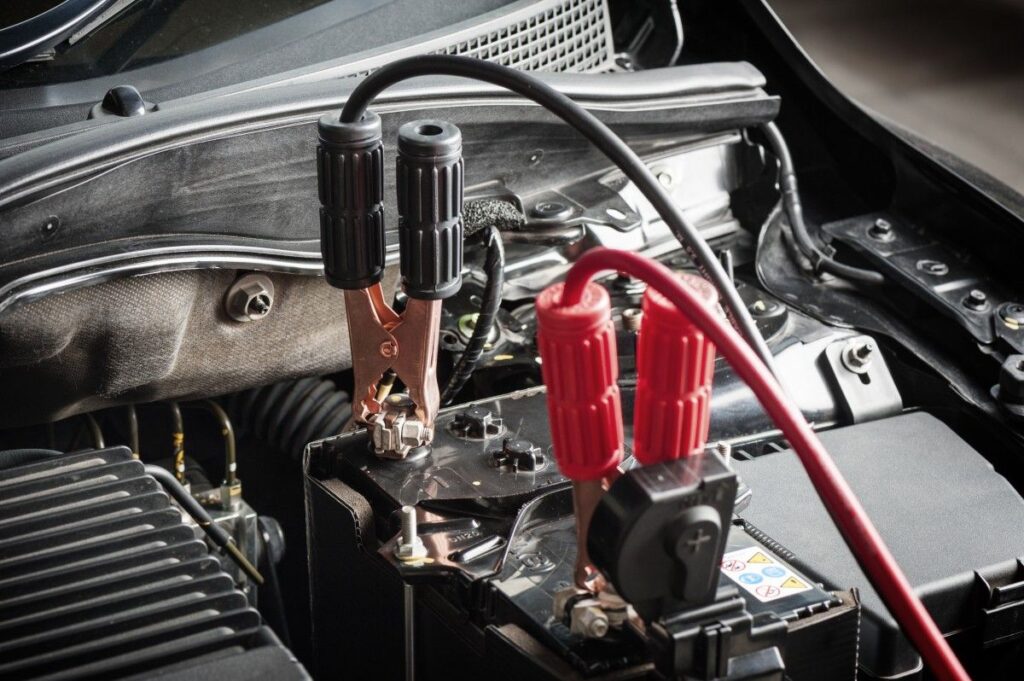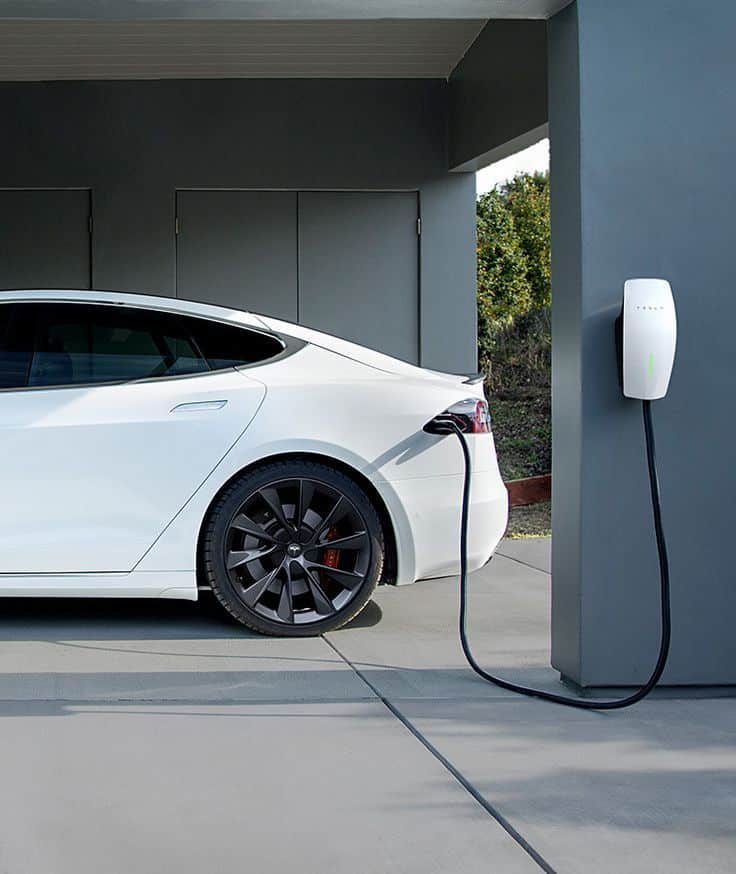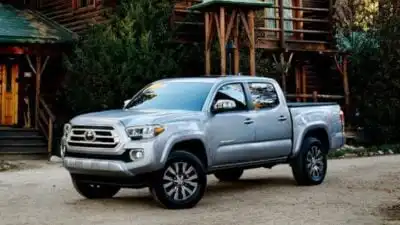
Highlights:
- Always match the battery’s group size, CCA, and voltage to your vehicle’s specifications.
- AGM and lithium batteries are ideal for vehicles with high electrical demands or extreme climate exposure.
- Battery age matters—choose a unit no older than 3–6 months from the manufacturing date.
- Climate affects battery performance: choose high-CCA for cold regions and heat-resistant designs for hot areas.
- RVs, motorcycles, and trucks require specialized batteries—consult your manual and a battery expert.
- Battery warranties vary; know the difference between full replacement and prorated coverage.
- Buy from a well-reviewed battery store for all kinds of batteries to ensure expert advice, fresh stock, and reliable after-sales support.
When your car won’t start or your RV power dies unexpectedly, the first thing most drivers think about is the battery. But choosing the right battery isn’t just about getting your vehicle moving again—it’s about reliability, performance, and even safety. Whether you drive a compact sedan, a powerful truck, a touring motorcycle, or a cross-country RV, selecting the proper battery type is crucial. And more importantly, knowing where to buy it can save you time, money, and frustration down the road.
This guide offers a complete overview of how to choose the correct battery for your vehicle based on type, performance needs, and climate. It also explains why buying from a trusted and customer-recommended battery retailer matters just as much as the battery itself.
Understanding Vehicle Battery Requirements
Every vehicle has specific battery requirements. Ignoring these can lead to poor performance, starting issues, or worse, system damage. Here’s what you should always check before purchasing a battery:
Key Battery Specifications:
- Battery Group Size: Refers to the physical size and terminal placement. It must fit your battery tray and connect properly.
- Cold Cranking Amps (CCA): Indicates how well a battery can start your vehicle in cold temperatures. The higher the CCA, the better for cold climates.
- Reserve Capacity (RC): Measures how long your battery can supply power if the alternator fails.
- Voltage: Most vehicles require a 12-volt battery, but some hybrids and electric vehicles have different needs.
Reading your owner’s manual is a good starting point, but if you’re unsure, a well-reviewed battery store with all kinds of batteries can test your old unit and recommend the right replacement.
Different Types of Vehicle Batteries
Choosing the right battery starts with understanding the types available. Each has unique benefits and is better suited to certain vehicles or usage patterns.
1. Flooded Lead-Acid Batteries
- Most common and affordable type
- Requires occasional maintenance (checking and refilling electrolyte)
- Works well in basic vehicles with low to moderate power needs
2. AGM (Absorbent Glass Mat) Batteries
- Spill-proof, maintenance-free
- Designed for modern cars with high electrical demands (e.g., start-stop systems)
- More vibration-resistant and durable
3. Lithium-Ion Batteries
- Lightweight and long-lasting
- Often used in motorcycles, performance cars, and electric vehicles
- Higher upfront cost but lower long-term maintenance
- Requires a compatible charging system
4. Deep Cycle Batteries
- Designed to discharge slowly over long periods
- Ideal for RVs, boats, or campers that run accessories while parked
- Should not be confused with traditional starting batteries
The staff at a well-reviewed battery store for all kinds of batteries can walk you through these differences and help match the type to your specific vehicle needs.
Matching Batteries to Vehicle Type


Let’s explore which batteries work best for each vehicle category.
1. Cars and Sedans
- Battery type: Flooded or AGM
- Group size must match the tray (common sizes: 24, 35, 51, 65)
- Higher-end vehicles may need AGM to support advanced electrical systems
- Opt for a higher CCA if you live in a cold region
2. Trucks and SUVs
- Battery type: AGM often preferred for added power and durability
- Look for batteries with high reserve capacity to support towing or auxiliary systems
- Vibration resistance is a plus for off-road vehicles
3. Motorcycles and Powersports Vehicles
- Battery type: Lithium-ion or small AGM
- Weight and size are major considerations
- Cold weather performance is important for riders in colder climates
4. RVs and Campers
- Battery type: Combination of starting and deep cycle
- Lithium or AGM is common for longer lifespan and solar charging compatibility
- Often require multiple battery banks for powering appliances
5. Electric Vehicles (EVs)
- Battery type: Special high-voltage lithium-ion packs plus a standard 12V battery
- Replacement must meet strict specs—consult the manufacturer
- Well-reviewed stores may not carry EV packs, but can help with auxiliary 12V batteries
In all cases, a customer-trusted battery store for all types of batteries can help ensure you’re purchasing a product that meets your vehicle’s performance and safety needs.
Climate Matters: Choosing Batteries by Region
Temperature extremes play a big role in battery lifespan and effectiveness. Here’s how to adjust your battery choice based on climate:
Cold Climate Considerations:
- Higher CCA is essential—cold temperatures thicken engine oil and slow chemical reactions in batteries.
- AGM batteries perform better than flooded in freezing conditions.
- Keep a battery blanket or warmer in very cold regions.
Hot Climate Considerations:
- Heat accelerates battery corrosion and water evaporation in flooded batteries.
- Choose maintenance-free or heat-resistant AGM models.
- Consider periodic voltage testing during the summer months.
A well-reviewed battery supplier that serves all climates and vehicle types can offer location-specific recommendations that account for seasonal extremes.
Don’t Overlook Battery Age
Even if a battery is new in appearance, it may have sat on a shelf for months, degrading in performance. Always check the manufacture date.
How to Read the Date Code:
- Example: A5 = January 2025 (A = Jan, 5 = 2025)
- Choose a battery that’s no more than 3–6 months old for best performance
Buying from a top-rated battery store for all kinds of batteries increases your chances of getting fresher stock, as these businesses typically have high inventory turnover and better quality control.
Understanding Battery Warranties and Policies
Battery warranties are not all the same. Knowing what’s covered—and what isn’t—helps protect your purchase.
Warranty Breakdown:
- Full Replacement Period: Usually 1–3 years
- Prorated Period: You pay a portion of the cost based on remaining warranty time
- Fine Print: Some warranties are void if the battery is improperly installed or not registered
Good Practices:
- Keep your receipt and register your battery
- Test it annually to keep warranty intact
A well-reviewed battery store with multiple battery types will clearly explain warranty terms and assist with registration, making the buying experience much smoother.
Where You Buy Matters: The Benefits of a Well-Reviewed Battery Store for All Kinds of Batteries
Not all retailers offer the same level of service, quality, or selection. Choosing a battery store with strong reviews and a diverse inventory ensures better long-term satisfaction.
Why Shop at a Well-Reviewed Battery Store?
- Expert Staff: Can help identify the right battery size, type, and brand for your vehicle
- Free Testing and Installation: Many stores offer diagnostics and battery swap services
- Better Return and Warranty Support: Easier to resolve issues if something goes wrong
- Proper Disposal and Recycling: They handle old batteries safely and legally
- Access to Specialty Batteries: From motorcycles to RVs, they stock more than just basic car batteries
Local or chain retailers with high customer ratings tend to offer a broader range of automotive, motorcycle, marine, and RV batteries—making them the go-to choice for informed buyers.
Questions to Ask Before Buying a Battery
Even if you’re ready to make a purchase, don’t skip this final checklist. Bring these questions to your local store or use them when shopping online:
- Is this battery fresh stock? What is the manufacture date?
- Does it match my car’s group size and electrical specs?
- What is the warranty policy (full vs prorated)?
- Does the store offer installation or diagnostic testing?
- Do you stock batteries for [vehicle type]?
A well-reviewed battery retailer with all kinds of batteries will gladly answer these and ensure you’re confident in your purchase.
Final Thoughts: Choosing the Right Battery Doesn’t Have to Be Complicated
Battery issues can strike when you least expect them—dead in the driveway, stranded during a road trip, or losing power in an RV campsite. But with the right knowledge, and support from a reliable battery store with great reviews and a wide selection, you can avoid common pitfalls and choose a battery that powers your vehicle reliably for years to come.
- 0shares
- Facebook0
- Pinterest0
- Twitter0
- Reddit0



